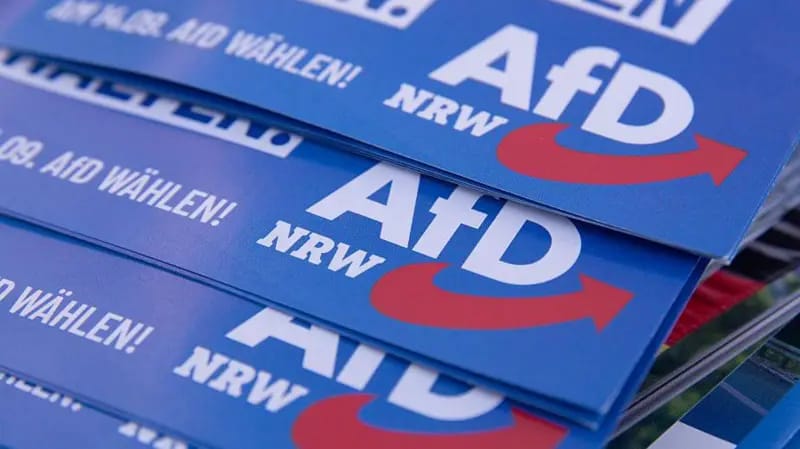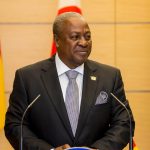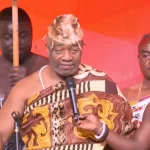
“Statistically Almost Impossible”: 6 Candidates From Germany’s Largest Opposition Party Die Mysteriously Ahead Of Local Elections

Six members of the Alternative für Deutschland (AfD) party have died shortly ahead of the September 14 local elections in NRW, leading to ballot disruptions in multiple municipalities and raising questions about the unusual deaths.
Among the deceased are four direct candidates: Wolfgang Seitz (59, Rheinberg), Wolfgang Klinger (71, Schwerte), Stefan Berendes (59, Bad Lippspringe), and Ralph Klaus Norbert Lange (66, Blomberg). In each case, local officials confirmed that the deaths were sudden and unexpected, but no cause of death was publicly disclosed.
Two other AfD members listed as reserve candidates also died during the election campaign. René Herford, reportedly from kidney failure following a liver illness, and Patrick Tietze, who is said to have died by suicide.
The deaths have forced local election offices in Rheinberg, Schwerte, Bad Lippspringe, and Blomberg to declare thousands of already-issued postal ballots invalid. New ballots are being reprinted and mailed to allow voters to recast their ballots before election day.
Election authorities in the affected districts insist that voting will proceed as scheduled. In Blomberg, the Lippe district authority ruled that the AfD may nominate a replacement candidate, although the election is formally treated as a by-election.
The sudden deaths of the opposition candidates have attracted national attention. Critics point to the deaths as statistically unusual. However, German police and local officials said that no evidence of foul play has been found in any of the six cases.
Stefan Homburg, a German economics professor, posted on X that the number of sudden deaths within one party during an election season was “almost impossible” from a statistical perspective. He added in a comment to Elon Musk that “Many red-green commentators are fine with the deaths of @AfD candidates, Elon.”

The AfD’s NRW deputy leader also referred to the situation as “striking” but refrained from alleging direct political motives.
Media outlets, including Neue Osnabrücker Zeitung (NOZ), noted that the timing of the deaths, barely two weeks before the election in 427 municipalities across NRW, has heightened political tensions.
These sudden deaths occur at a time of AfD’s rising national influence. In the German February federal elections, the party secured 20.8 per cent of the votes, and a recent INSA poll placed its support at 25 per cent, equal to that of the Christian Democratic and Christian Social Unions (CDU/CSU) bloc.
Founded in 2013 as an anti-euro party, the AfD has positioned itself as a far-right force, emphasising immigration and national identity. Leaders like Björn Höcke remain highly controversial for remarks seen as revisionist of Germany’s Nazi past.
Read More:
- Ga Mantse Advocates Visa Reciprocity, Borderless Africa, Despite Ga–Akan Social Media Tribalism Uproar in Ghana
- Ghana: President Mahama Removes Chief Justice Gertrude Torkornoo from Office
About The Author
Related Articles
Asake Sets New Billboard Afrobeats Record as Chart Presence Grows
Asake has further cemented his place as one of Afrobeats’ most dominant...
ByWest Africa WeeklyJanuary 29, 2026Nigerians Lament PayPal’s Return as Old Wounds Resurface
PayPal’s reentry into Nigeria through a partnership with local fintech company Paga...
ByWest Africa WeeklyJanuary 29, 2026Tanzania Eyes Gold Sales as Aid Declines and Infrastructure Needs Grow
Tanzania is weighing plans to sell part of its gold reserves to...
ByWest Africa WeeklyJanuary 29, 2026Mali Tightens Grip on Explosives Supply With New Majority Stake
The Malian government has taken majority ownership of a civil explosives manufacturing...
ByWest Africa WeeklyJanuary 29, 2026












Leave a comment